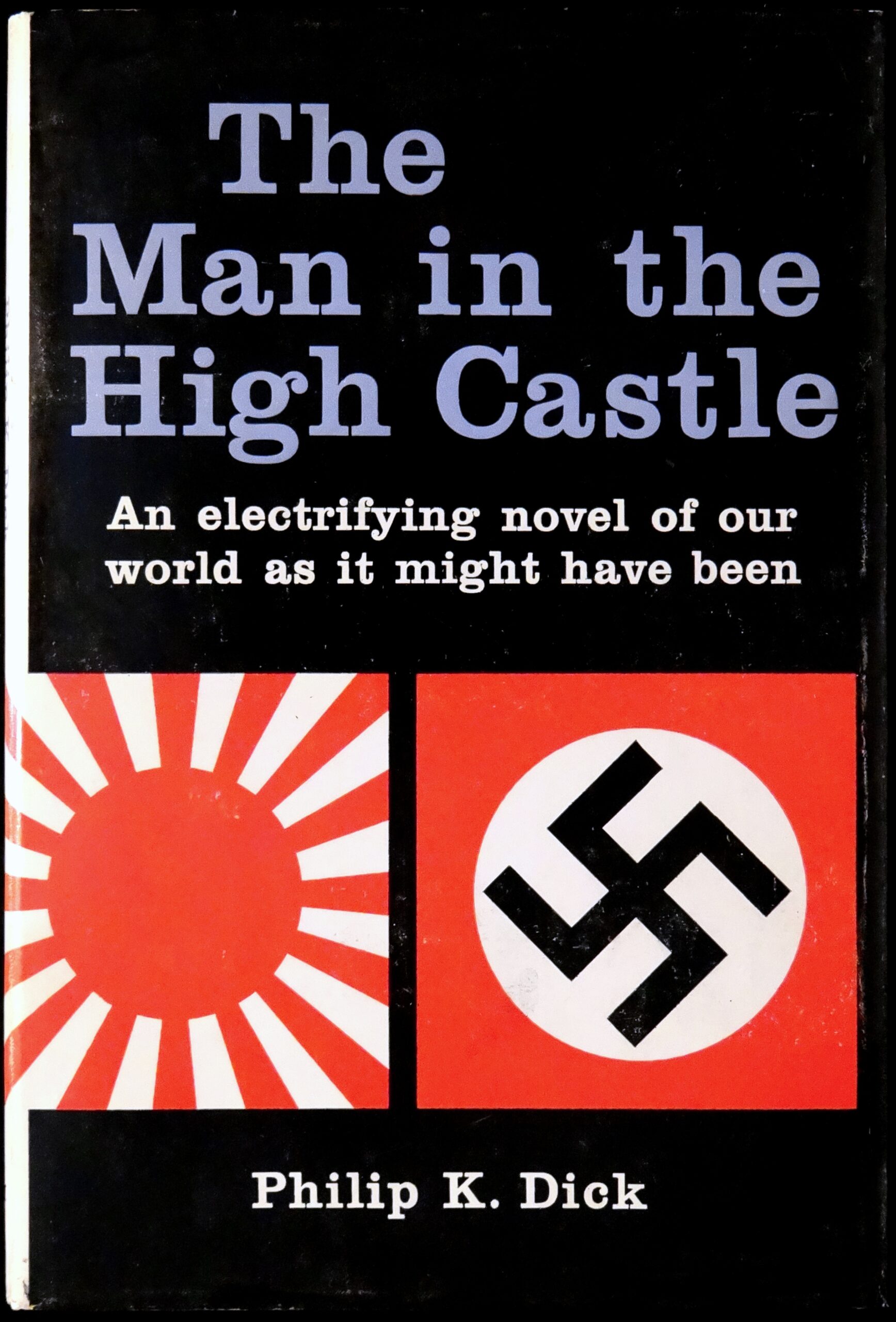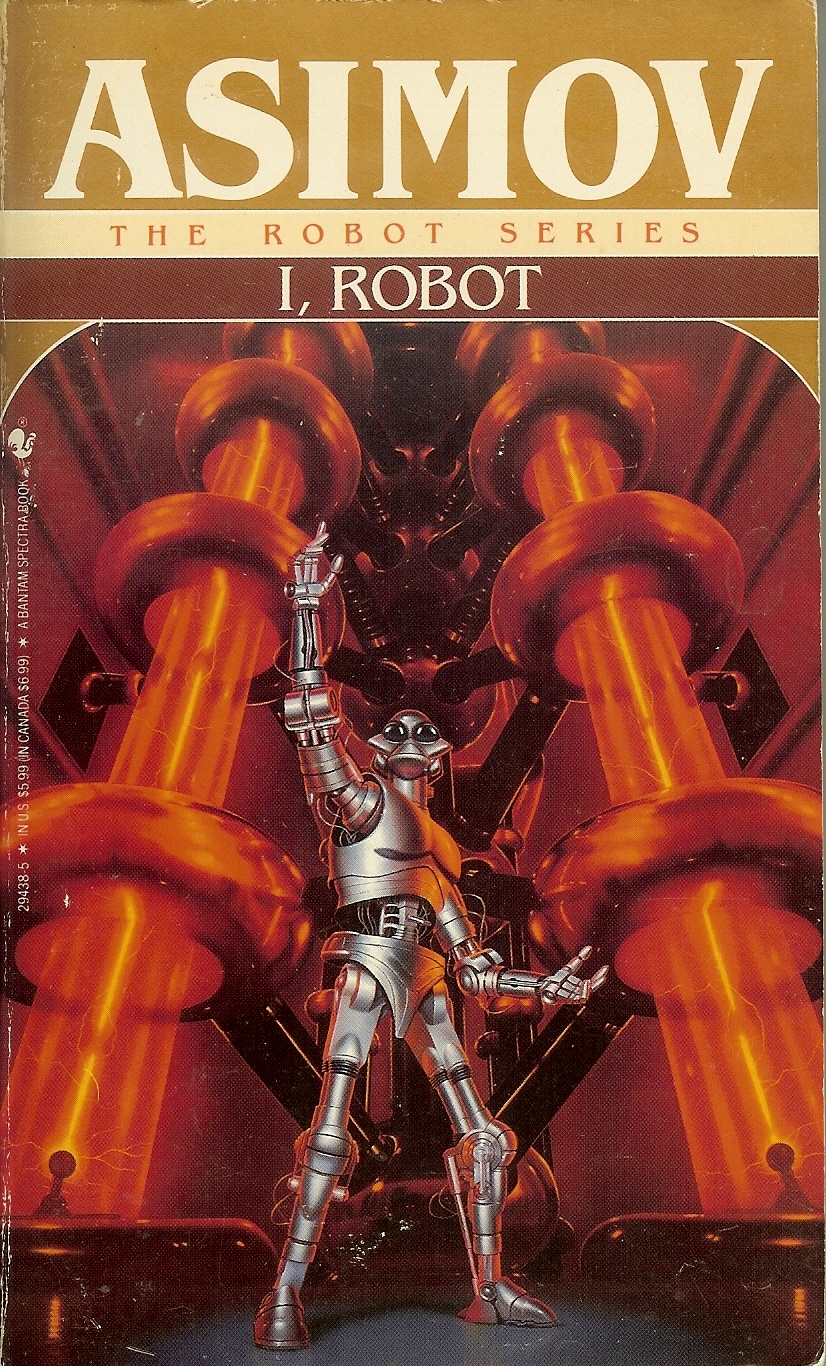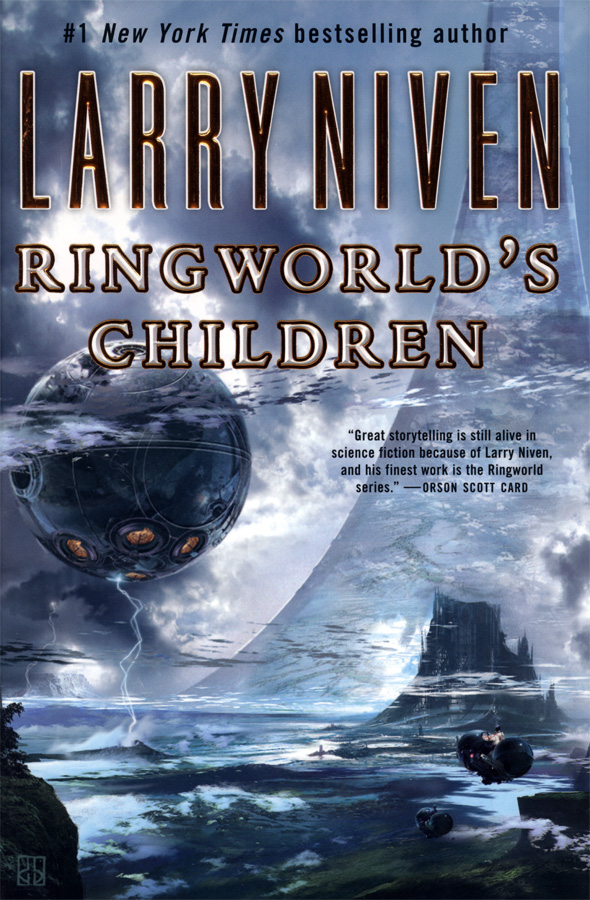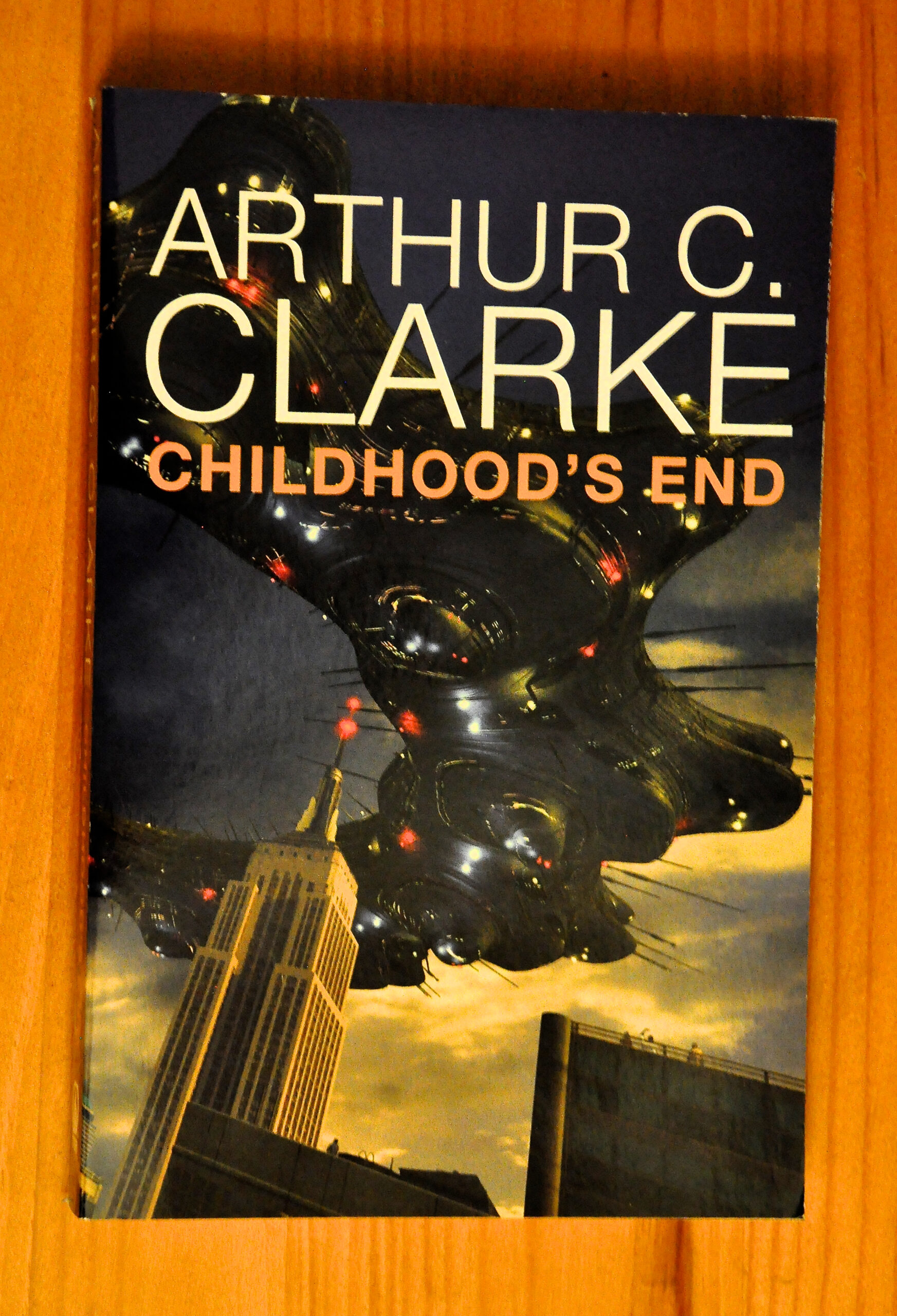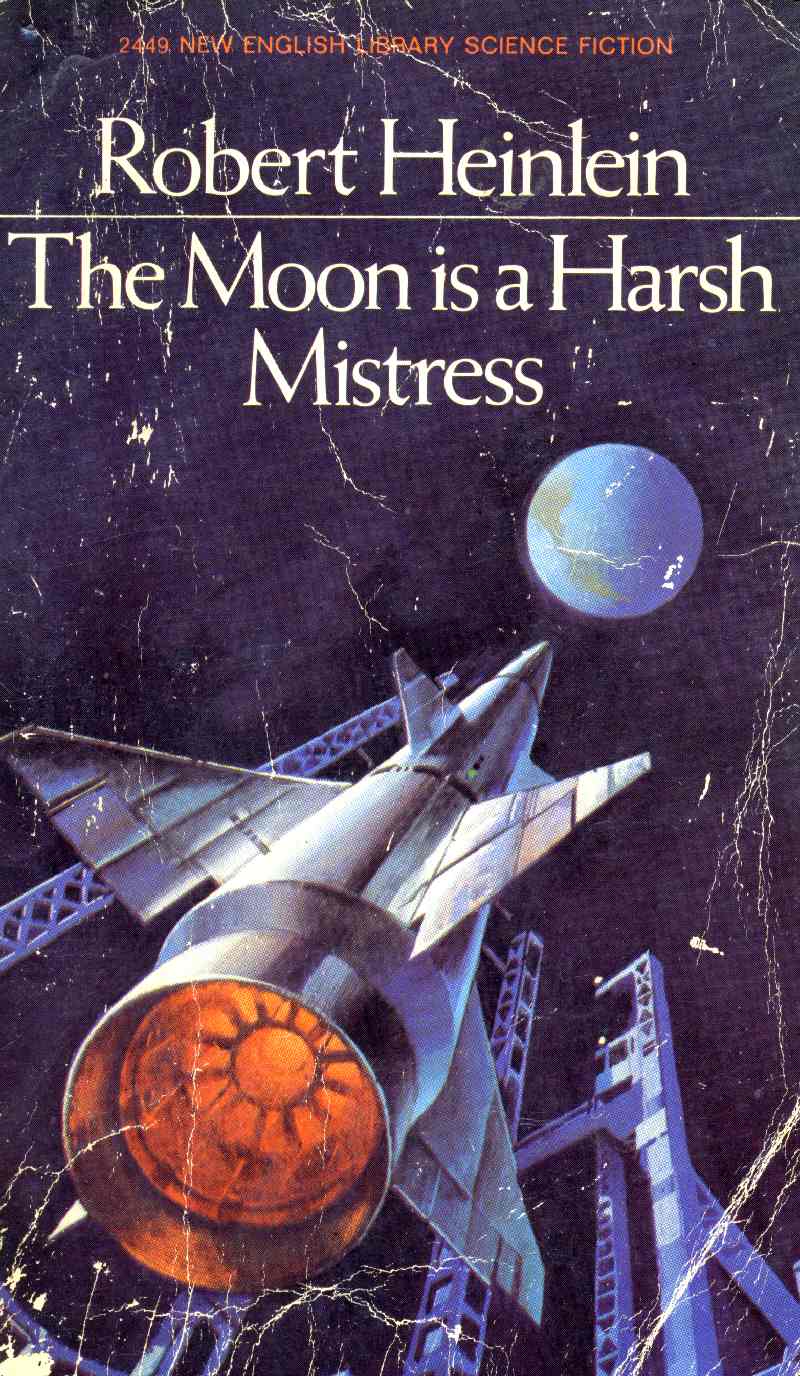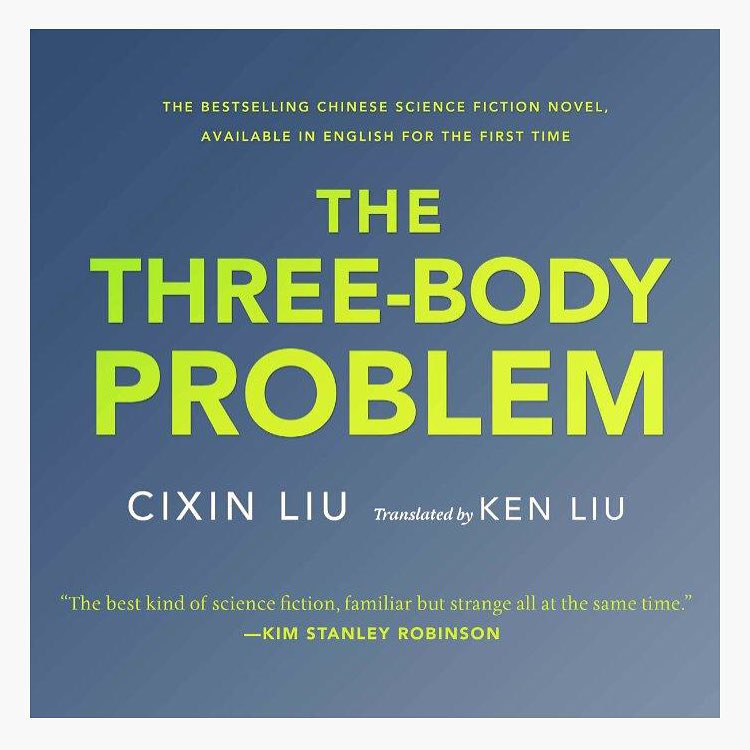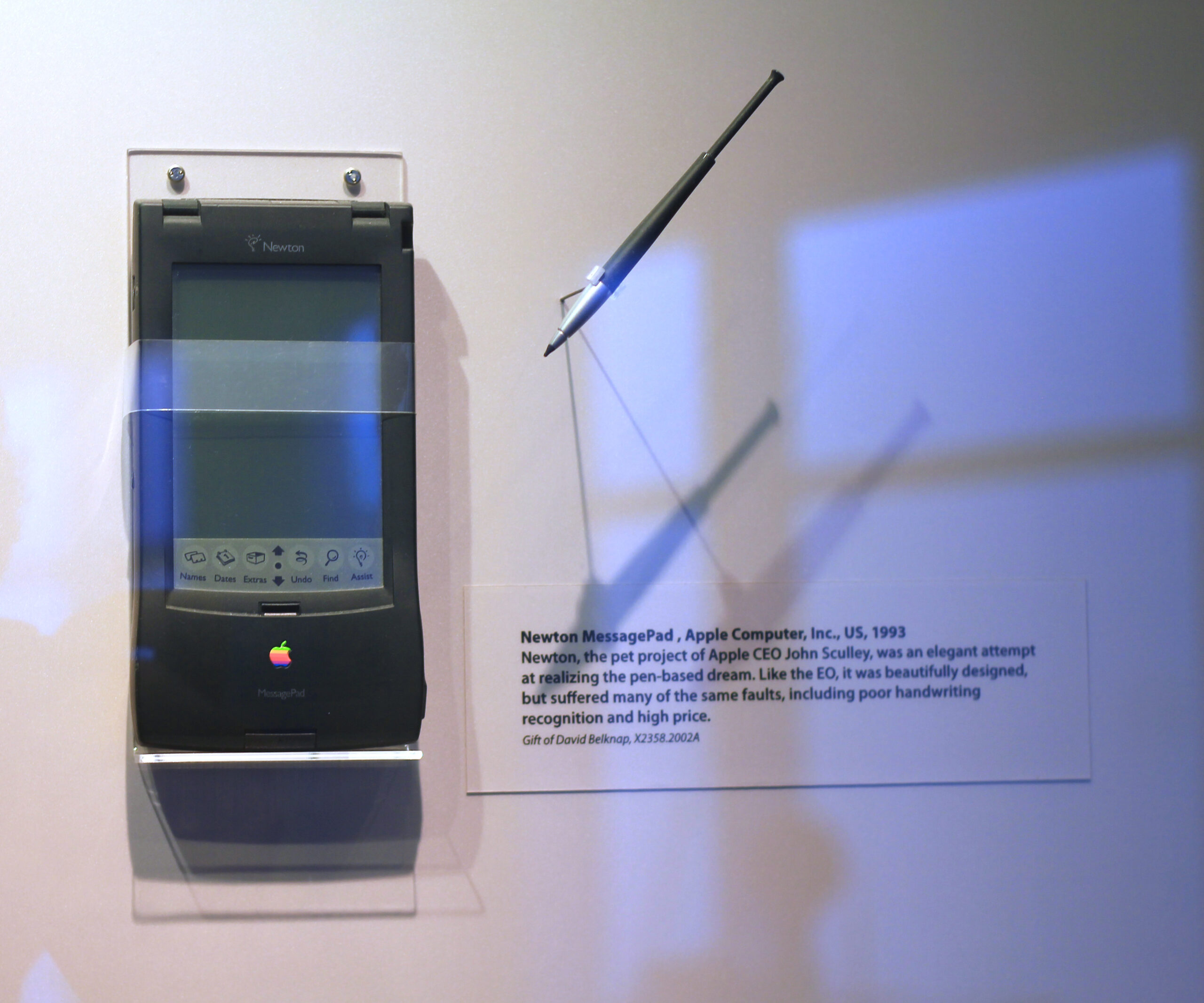Science fiction has long served as a lens through which we examine the future, society, and humanity itself. The genre isn’t just about robots or space travel; it’s about challenging ideas and presenting possibilities. Some books have transcended their pages to become cultural icons, influencing movies, technology, and our daily lives. They’ve introduced concepts that shape how we think about science, ethics, and the human condition. Below is a list of science fiction books that have profoundly impacted pop culture, leaving a legacy that endures
Frankenstein by Mary Shelley
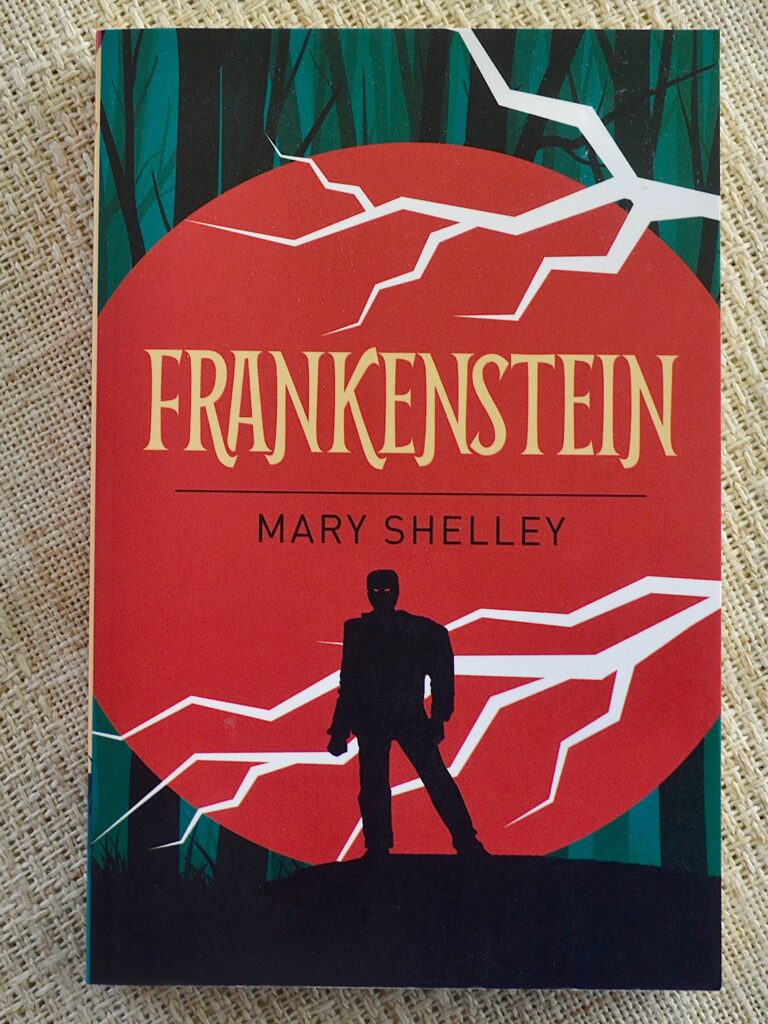
Published in 1818, Frankenstein is a tale of ambition, science, and its ethical boundaries. Victor Frankenstein, a young scientist, defies natural laws by creating a sentient creature. The novel explores themes of isolation, humanity, and the consequences of playing God. It pioneered the science fiction genre, inspiring countless adaptations in film, theater, and television. Frankenstein’s monster became a cultural symbol, representing the fears and responsibilities of technological progress. Even today, the book resonates with debates about artificial intelligence and genetic engineering.
The Time Machine by H.G. Wells
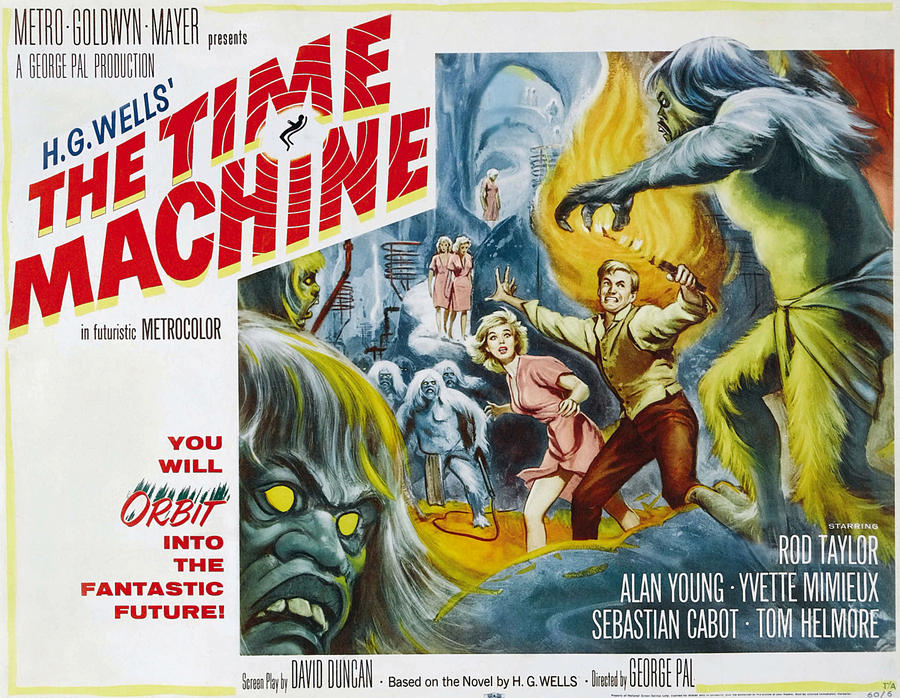
Published in 1895, The Time Machine introduced the idea of a time-traveling machine to literature. The protagonist, referred to as “The Time Traveller,” ventures thousands of years into the future, encountering the Eloi and Morlocks. The book critiques industrialization, class disparity, and human evolution. Wells’ vivid imagination created a framework for time travel that inspired works like Doctor Who and Back to the Future. It’s not just a thrilling tale; it’s a philosophical exploration of humanity’s trajectory.
20,000 Leagues Under the Sea by Jules Verne
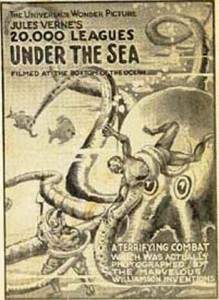
Jules Verne’s 1870 masterpiece, 20,000 Leagues Under the Sea, blends adventure with groundbreaking science fiction. The enigmatic Captain Nemo takes readers on a journey through the world’s oceans aboard the submarine Nautilus. Verne’s detailed descriptions of underwater technology and marine life were ahead of his time, predicting inventions like submarines and diving suits. The novel inspired explorers, filmmakers, and even engineers to push the boundaries of deep-sea exploration. Its influence extends to iconic films and submarine-themed narratives.
1984 by George Orwell
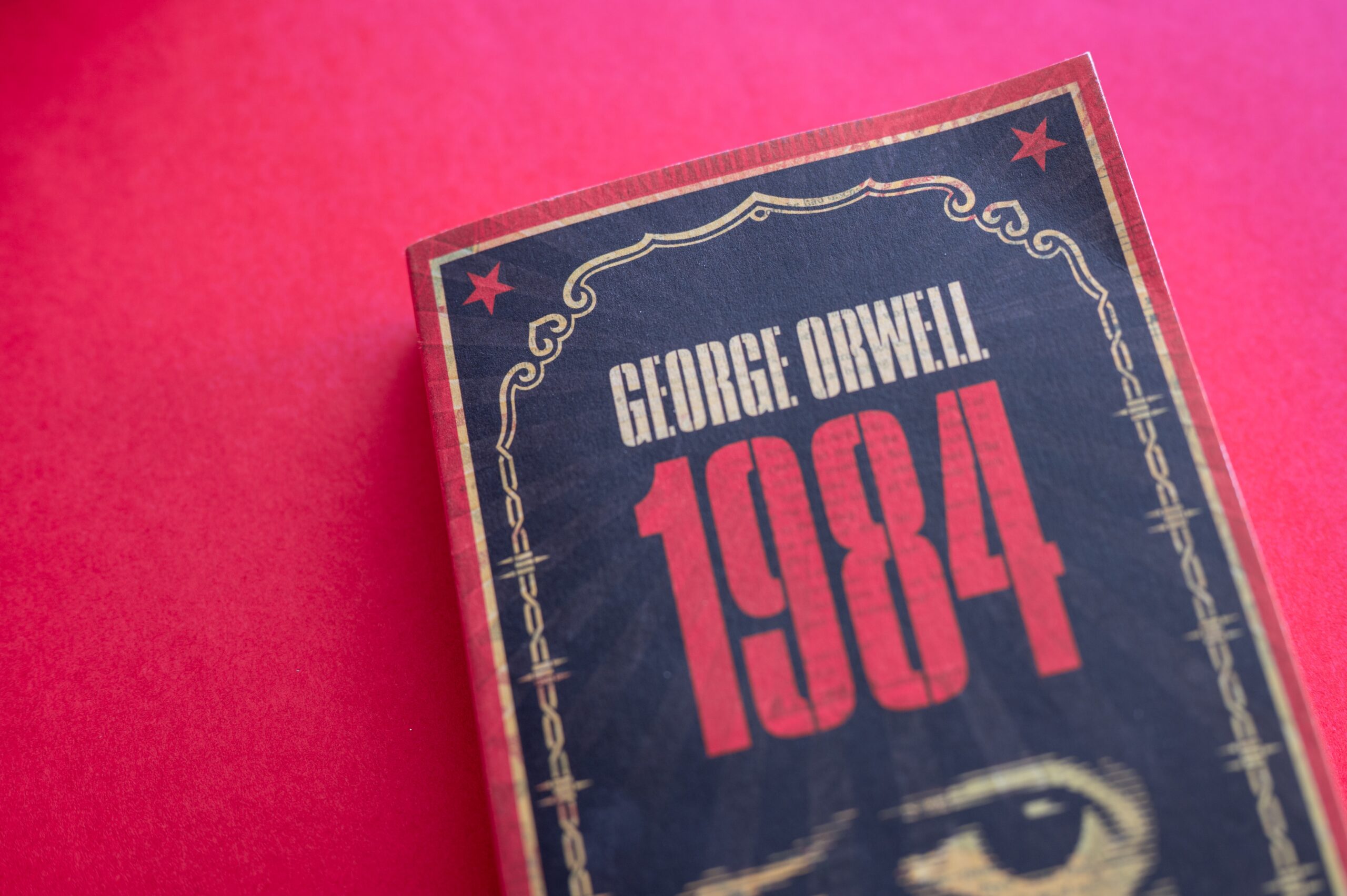
George Orwell’s 1984 (published in 1949) paints a grim picture of a dystopian world ruled by an oppressive regime. The omnipresent surveillance of “Big Brother” and the manipulation of truth and history reflect Orwell’s critique of totalitarianism. Concepts like “doublethink” and “thoughtcrime” have entered everyday language. Its impact spans literature, politics, and media, warning against unchecked government power. Films, TV series, and countless discussions about privacy and authoritarianism trace their roots to Orwell’s masterpiece.
Fahrenheit 451 by Ray Bradbury
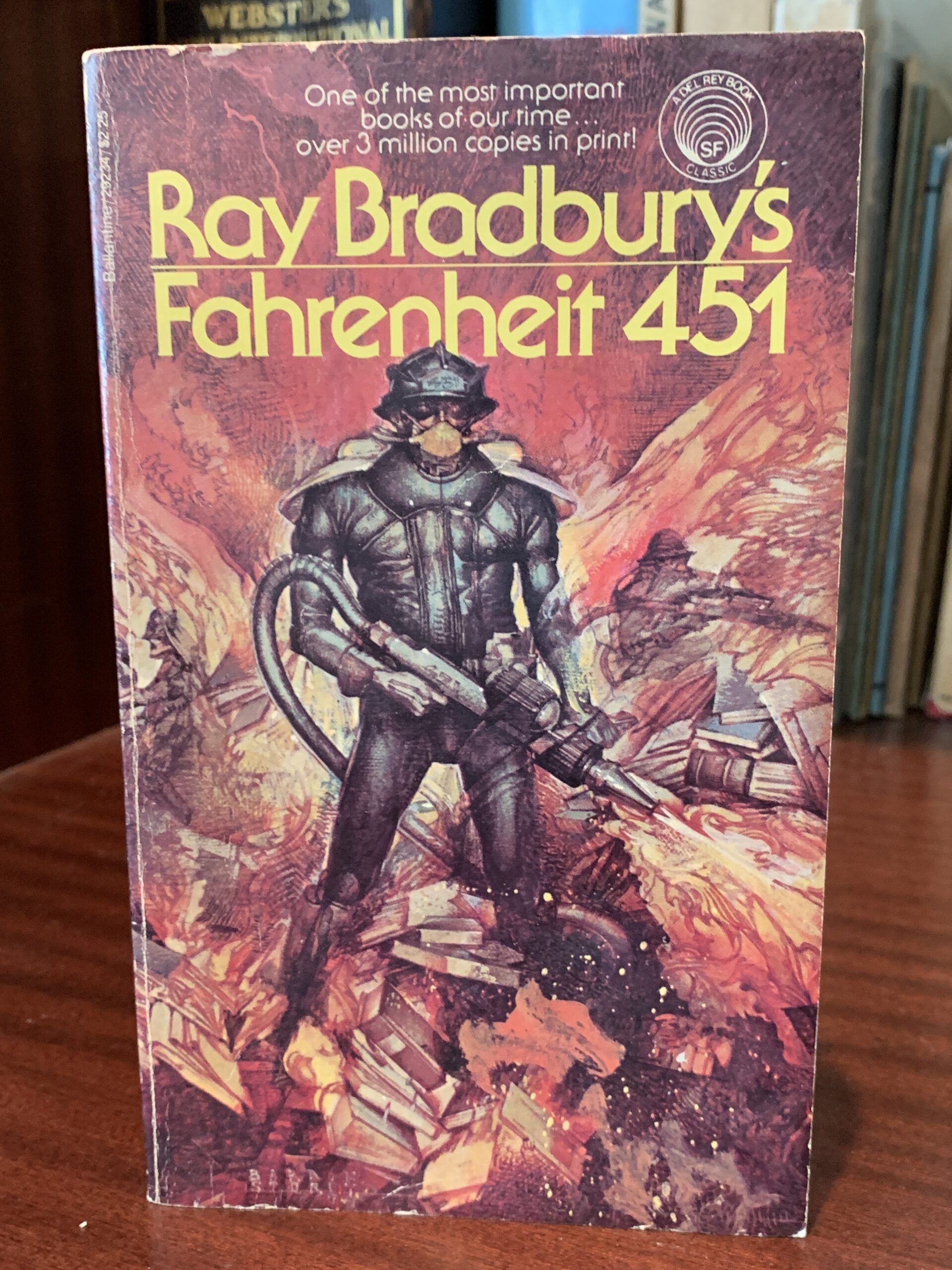
Ray Bradbury’s Fahrenheit 451 (1953) imagines a society where books are illegal, and “firemen” burn them to suppress knowledge. Guy Montag, the protagonist, begins to question his role in this oppressive system. Bradbury’s narrative is a critique of censorship, consumerism, and the numbing effects of mass media. The novel inspired films, stage adaptations, and debates about intellectual freedom. Its warnings remain relevant, influencing cultural and academic conversations about the importance of preserving knowledge.
Dune by Frank Herbert
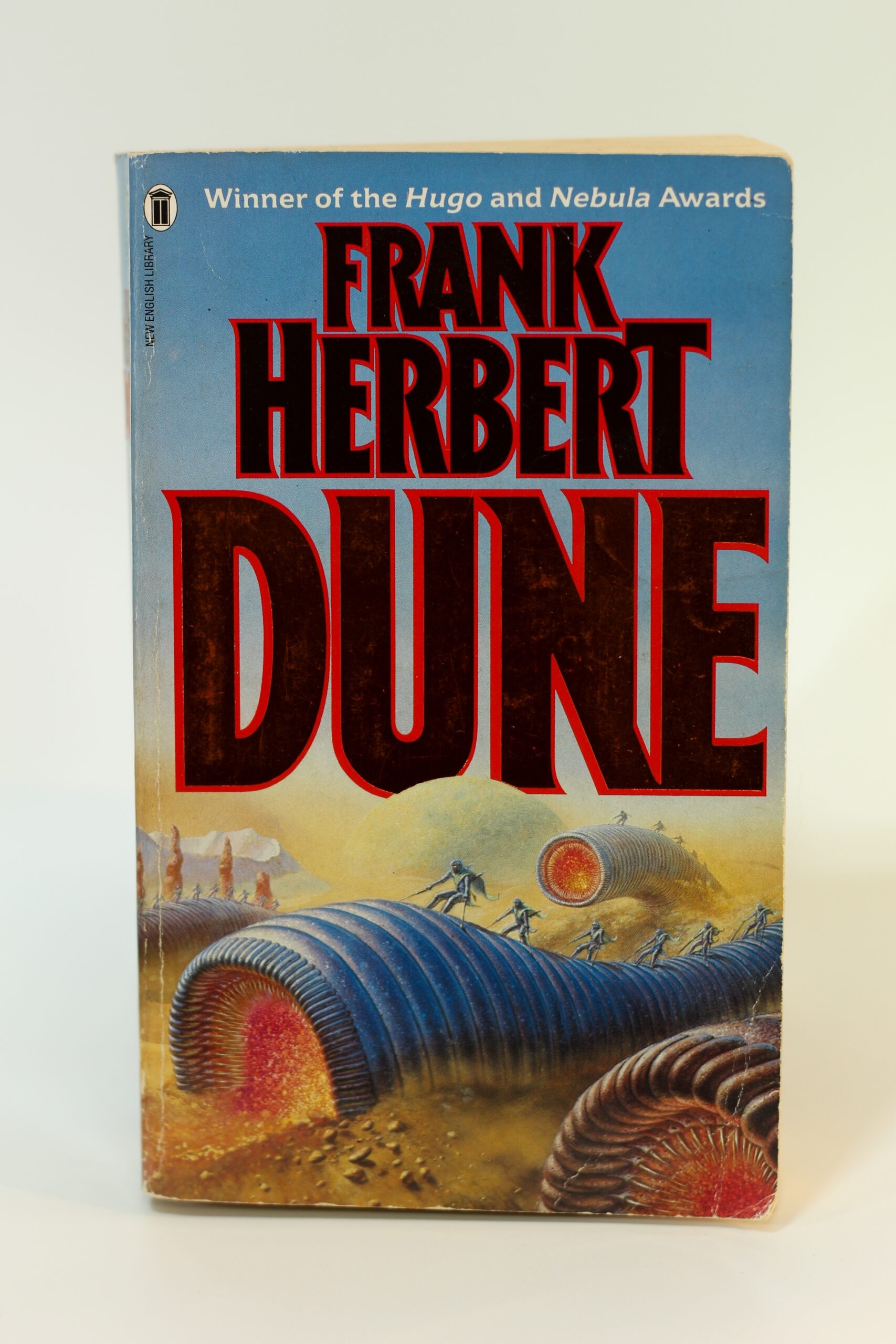
Frank Herbert’s Dune (1965) is a sweeping saga that delves into politics, religion, ecology, and human ambition. Set on the desert planet of Arrakis, it follows Paul Atreides as he navigates betrayal, power struggles, and destiny. The book’s intricate world-building and themes of resource scarcity resonate with modern environmental concerns. Dune has inspired filmmakers like David Lynch and Denis Villeneuve and shaped popular science fiction franchises, including Star Wars. Its impact is seen in storytelling techniques and discussions about leadership and sustainability.
Do Androids Dream of Electric Sheep? by Philip K. Dick
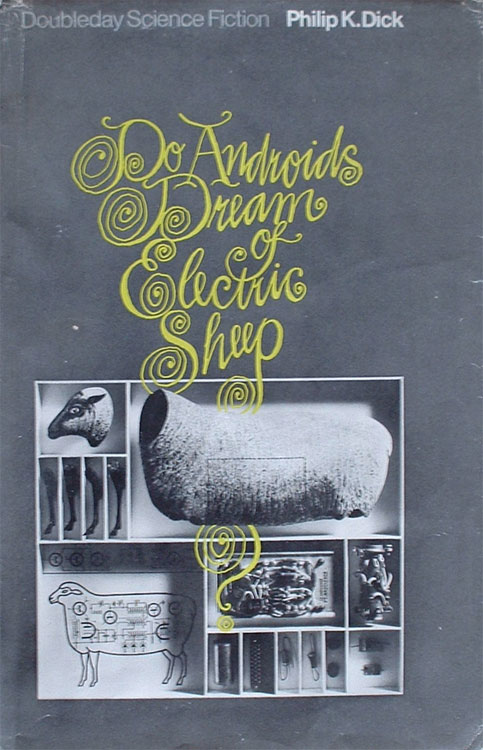
Published in 1968, Do Androids Dream of Electric Sheep? is a philosophical exploration of humanity, identity, and artificial intelligence. Rick Deckard, a bounty hunter, is tasked with “retiring” rogue androids, but his journey raises questions about empathy and what it means to be human. The novel inspired Blade Runner, one of the most influential sci-fi films ever made. Its themes of AI ethics and technological advancements continue to shape science fiction and real-world discussions about robotics.
The Hitchhiker’s Guide to the Galaxy by Douglas Adams
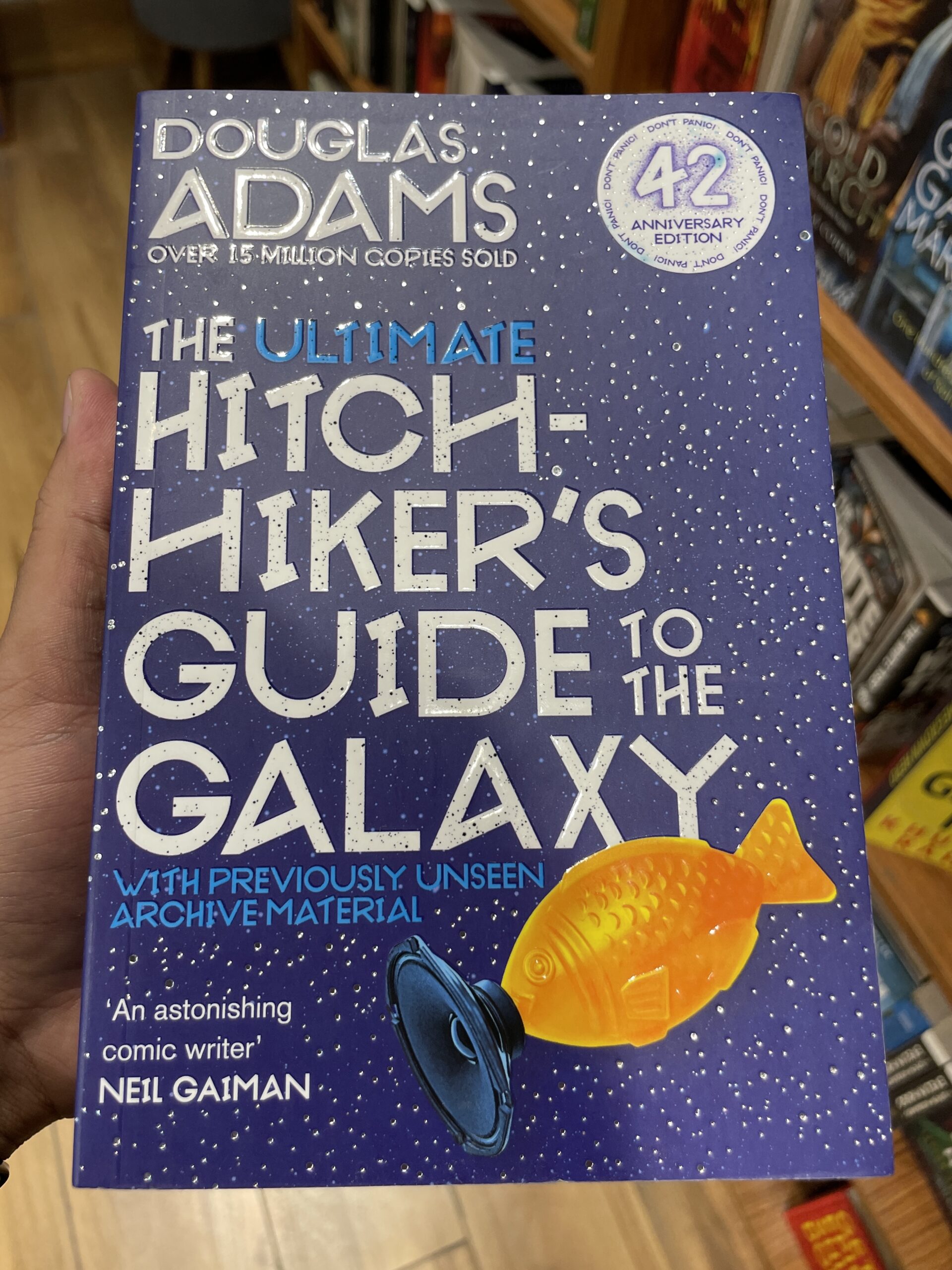
Douglas Adams’ The Hitchhiker’s Guide to the Galaxy (1979) is a comedic masterpiece blending absurdity with profound insights. Arthur Dent, an ordinary man, is thrust into a chaotic universe after Earth’s destruction. The book’s witty dialogue, eccentric characters, and clever satire redefined science fiction humor. It inspired radio shows, films, and even real-world references like naming asteroids and creating gadgets. Phrases like “Don’t Panic” and “42” became cultural touchstones, cementing its legacy as a uniquely impactful sci-fi work.

